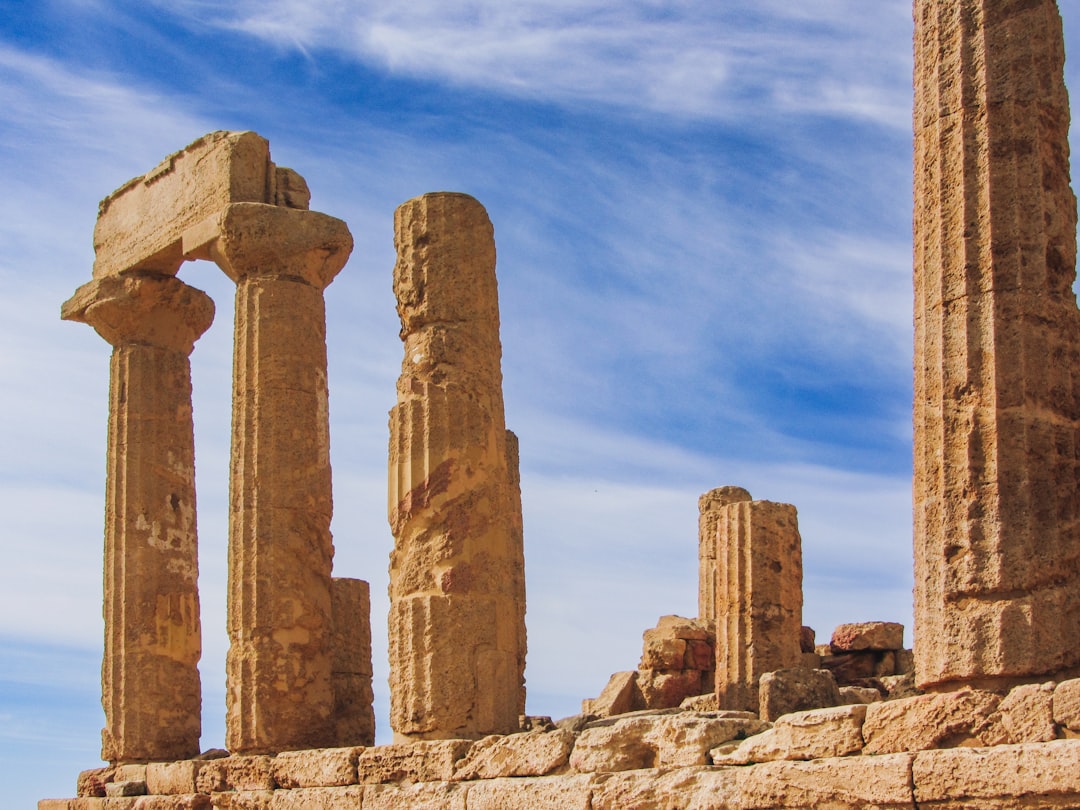THE Hellenic philosophical tradition and Jewish religion as laid out in the Old Testament present what may at first strike one as radically different outlooks as to the nature of wisdom and the proper end of human life. I would like to explore this question; and for such an exploration to be feasible in an essay requires narrowing the scope of inquiry to specific figureheads within each tradition. The reader will perhaps find it a defensible choice that have I opted to take Solomon as a representative of the Hebraic outlook and Plato as a representative of Greek philosophy.
As noted at the outset, Judaism seems to set itself off starkly against Greek philosophy. The fundamental distinction may appear almost elementary to us today: after all, the first thing is religion, which demands, in the common conception of today, doxastic assent and which prescribes customs, ethics, mores, and patterns of behavior; and the second philosophy, which attempts to arrive at clear conceptions through rational process and argument. Saint Paul suggestively alludes to the respectively different outlooks in his first letter to the Church of Corinth, “the Jews require a sign, and the Greeks seek after wisdom” (1:22). The so-called “wisdom of Solomon” seems very different from the “wisdom” of the Greek philosophers. Solomonic wisdom appears vatic and somewhat desultory compared to the neat dialectic and dramatic arcs evinced in Plato’s works. The difference in outlooks can perhaps be further emphasised through an attempt to distil each to an essential maxim. The Hellenic maxim, whose derivation, again, assumes Plato as its source, can be synthetically discerned from crucial moments in the Apology, the Republic, the Euthyphro, and the Meno dialogues, among others. It might take something like the following formulation:
“knowledge of ignorance is the beginning of wisdom.”
In the Apology, for instance, Socrates describes his encounter with the reputedly “wisest man in Athens”:
…I went to one who had the reputation of wisdom, and observed to him—his name I need not mention; he was a politician whom I selected for examination—and the result was as follows: When I began to talk with him, I could not help thinking that he was not really wise, although he was thought wise by many, and wiser still by himself; and I went and tried to explain to him that he thought himself wise, but was not really wise; and the consequence was that he hated me, and his enmity was shared by several who were present and heard me. So I left him, saying to myself, as I went away: “Well, although I do not suppose that either of us knows anything really beautiful and good, I am better off than he is—for he knows nothing, and thinks that he knows. I neither know nor think that I know. In this latter particular, then, I seem to have slightly the advantage of him.
But it is the Republic that presents what is perhaps the most memorable argument for Hellenic maxim in the form of the notorious “Allegory of the Cave.” (1) The “prisoners” are held hostage by their imaginary enlightenment; they are in a cave and bound there by their belief that they are not.
continue reading at Altum




took me a while to get to it, but very worth it: this was very good. it always seemed to me that the picture of the Greeks as rational-metaphysical and the Hebrews as prophetic-mythic was extremely reductive (if nothing else because even Plato attributes so much of Greek knowledge to the Egyptians which are probably the most mytho-poetic society ever). this is a good foot in the door for the bridging. I think these three cultures (Hebrew, Greek and Egyptian) are, in fact, only one - and the separation is really a modern idea more than anything else.